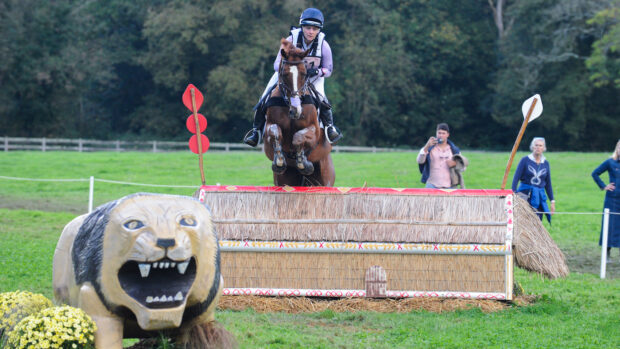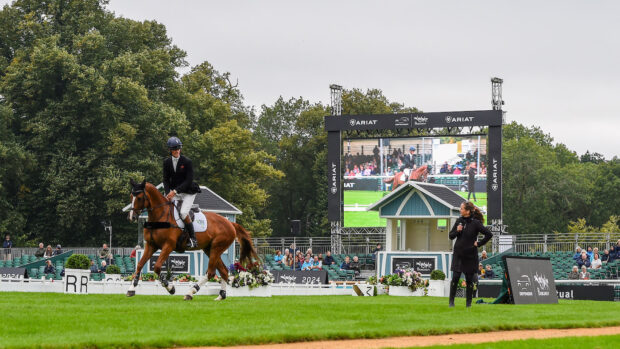The Home Office has refused to grant a licence to one of Britain’s experts in equine reproductive work to continue with his project to clone horses.
Professor Twink Allen, who has been developing cloning techniques at the Equine Fertility Unit, Newmarket, for three years, cites the most significant benefit as reproducing genes of top eventers — which are mostly geldings — for breeding purposes.
“Here is a heaven-sent method for overcoming the ‘gelding problem’,” says Prof Allen. “The horse world could really benefit, not to recreate the champion, but to recreate the testicles, and bolster the genetic constitution of the British sport horse population. If you want science to help the industry, here’s your chance.”
The rejection letter to Prof Allen stated that Labour MP Caroline Flint, who made the decision, was “not convinced that the potential scientific benefits are sufficient to outweigh the likely adverse effects for the animals concerned”.
But Prof Allen, who is to appeal against the decision, says: “To say there’s a welfare problem is absurd: if an abnormal foetus occurred, we would not let it be born.
“The government allows cloning in cattle, sheep and pigs, and has turned us down because the horse is a politically sensitive species, in the same category as cats, dogs and primates. They know there would be protests [if they said yes] — they don’t want that.”
Dr Jonathan Pycock, a vet who is involved in AI and sport horse breeding, says: “I believe we would do better to concentrate on shipping good quality semen within the UK. Let’s get this right before we embark on cloning.”
Cloning of horses is permitted abroad, and in the US, breeders are said to be “queuing up” to try it out. In France, Dr Eric Palmer has frozen skin cells from 20 top show jumpers and dressage horses, pending sufficient facilities and expertise.



